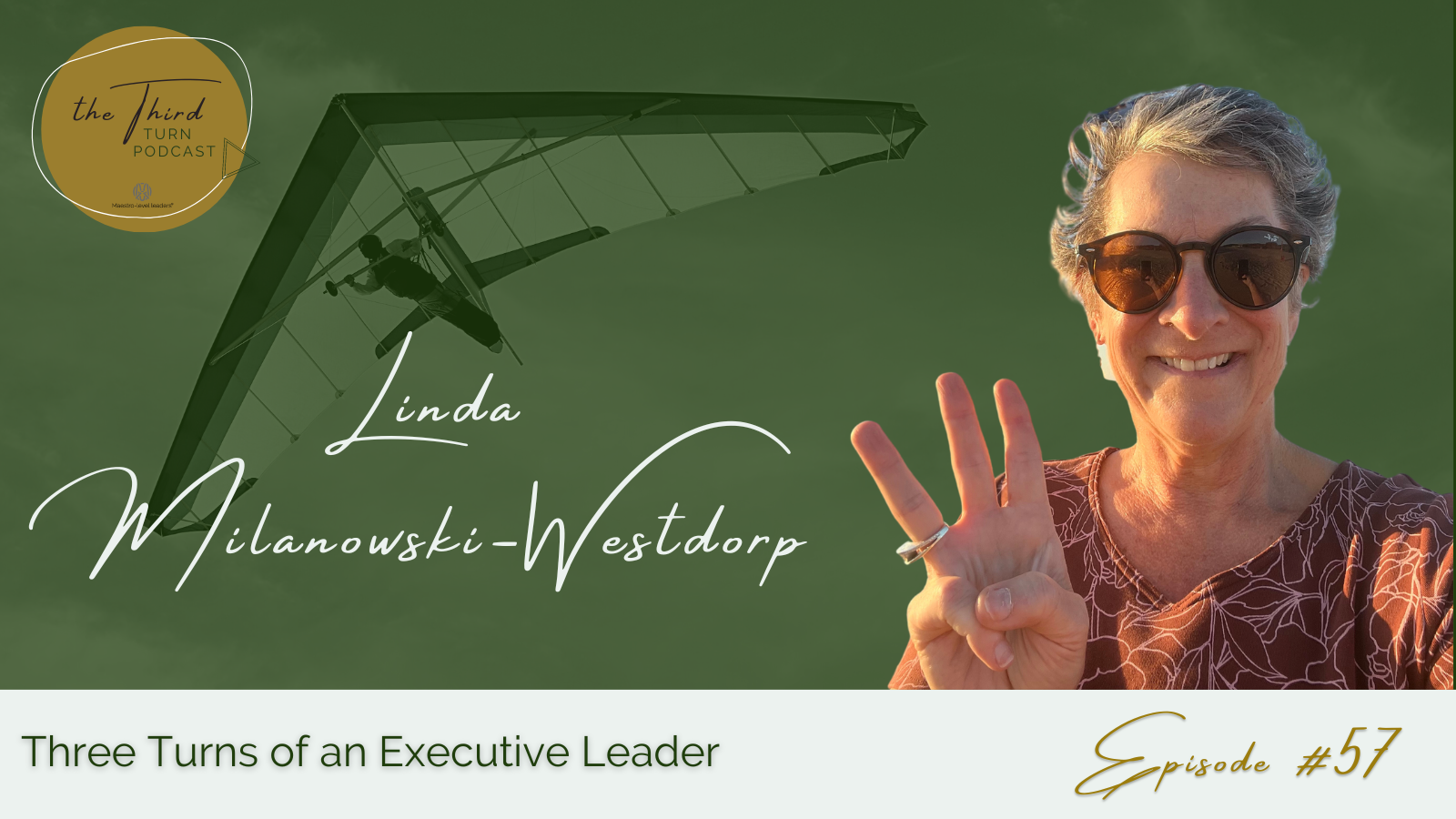I'm often in conversations about organizational wisdom. Somewhere along the way, we can't help but touch on single, double, and triple-loop learning. Triple-loop learning is one of the subjects in the recent book Listening Helping Learning: Core Competencies of Process Consulting and a theme Maestro-level leaders do well to understand-- especially if they want their enterprise to be a learning organization.

Just in case triple loop learning is something new in your orbit, here is a simple description courtesy of my long-time colleague, Arlen Vernava.
- Single loop: walking out of the door and being stung by a bee. Ow! There's a bee!
- Double loop: Checking outside the door before departing to be sure there are no bees. Oh! There's a bee! I'll go out the back door!
- Triple loop: There's a bee hive out there. Honey!!$$
A single loop is a mere observation. We could call it data or information.
A double loop is information that I carry forward to future possibilities. We call this knowledge.
A triple loop is working backward to understand what is involved and applying my knowledge in new situations (feedback and feedforward). The third loop is where wisdom might be displayed. I not only avoid the bee sting but also help others avoid pain. I notice honey and pollination and learn about bee habits and habitat. I can pass these insights along to others for their benefit. Even more, I might see metaphors, analogies, and other application areas. Swarm theory, anyone?
In one such discussion, a friend pointed out that one must believe there is wisdom to be gained, or one would not take the time to find it. He went on to observe that we must also be committed to the wise use of that wisdom, at which I wondered if a person who has wisdom but does not use it can be considered wise.
One root of wisdom is being others-centered—a commitment to walk with others, an openness to learn from the experience of others and a love for working with others in generating knowledge and wisdom that we pass along. Without this root, one works solely for themselves while using others. There may be short-term benefits from acting in self-interested ways, but long-term organizational and personal benefits are sacrificed.
Not being others-centered, I cut off a significant flow of information from which I might benefit. If I refuse to listen to the wisdom of others, I end up in single or double-loop learning only. Single and double-loop learning become more expensive to the organization. Leaders and line workers end up flailing around and learning by bumping into things and through accidental discovery.
May we be cursed with happy accidents, but may we not become dependent upon them! Wisdom demands our conscious attention to the matters at hand and curating what we learn for the benefit of those who come this way after we do.
Our latest episode!
Tags:
process consulting, organizational learning, lifelong learning, Process consultation and design, triple loop learning, Mark L. Vincent, Design Group International, society for process consulting, Organizational development, Maestro-level Leaders, The Third Turn Podcast, Kristin Evenson
October 13, 2022

Comments